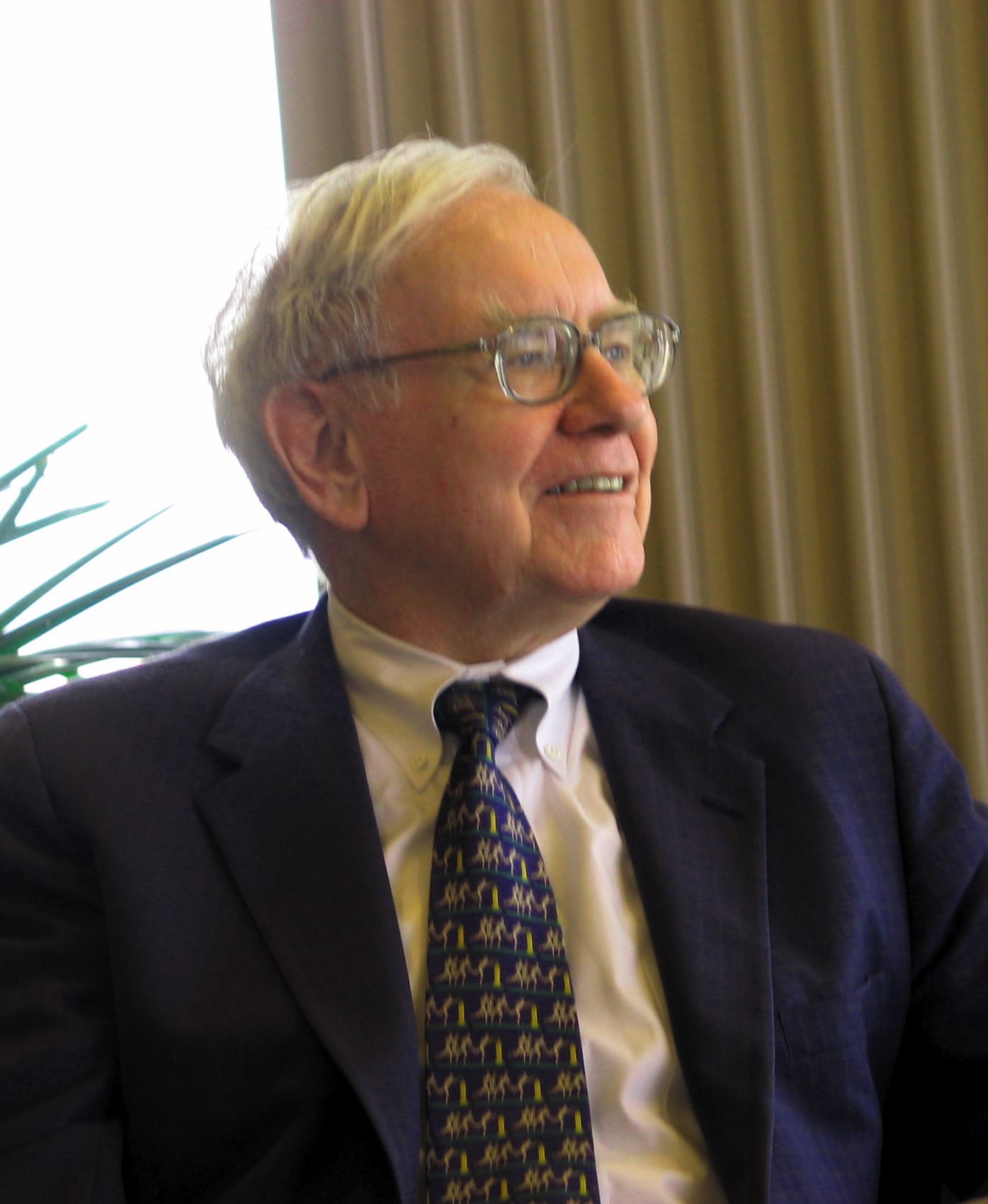Buffett has amassed a multi-billion-dollar fortune. How did he do it?
When Buffett invests, he sees a business. Most investors see only a stock price. They spend far too much time and effort watching, predicting & anticipating price changes & far too little time understanding the business they are part owner of. Elementary as this may be, it is the root that distinguishes Buffet.
While other professional investors are busy studying capital asset pricing models, beta & modern portfolio theory, Buffett studies income statements, capital reinvestment requirements & the cash generating capabilities of his companies. His hands-on experience with a wide variety of businesses in many industries separates Buffett from all other professional investors.
According to Buffett, the investor & the businessperson should look at the company in same way, because they both want essentially the same thing. The businessperson wants to buy the entire company and the investor wants to buy portions of the company. Theoretically, the businessperson & the investor, to earn a profit, should be looking at the same variables.
If adapting Buffett's investment strategy required only changing perspective, then probably more investors would become proponents. however, applying Buffett's approach requires changing not only perspective but also how performance is evaluated and communicated. The traditional yardstick for measuring performance is price change: the difference between what you originally paid for a stock and its market price today.
In the long run, the market price of a stock should approximate the change in value of the business. However, in the short run, prices can swoop widely above and below a company's value for any number of logical reasons. The problem remains that most investors use these short-term price changes to gauge the success or failure of their investment approach, even though the changes often have little to do with the changing economic value of the business and much to do with anticipating the behavior of other investors.
Buffett believes it is foolish to use short-term prices to judge a company's success. Instead, he lets his companies report their value to him by their economic progress. Once a year, he checks several variables:
- Return on beginning shareholder's equity.
- Change in operating margins, debt levels and capital expenditure needs.
- The company's cash-generating ability.
If these economic measurements are improving, he knows that the share price, over the long term, should reflect this. What happens to the stock price in the short run is inconsequential.
(Source: The Warren Buffett Way by Robert G. Hagstrom)
For some Fun Pictographic Quotes On Investment and More Click On the Link Below
Saturday, September 6, 2008
What differentiates Buffett's investing approach from others?
Subscribe to:
Post Comments (Atom)

No comments:
Post a Comment